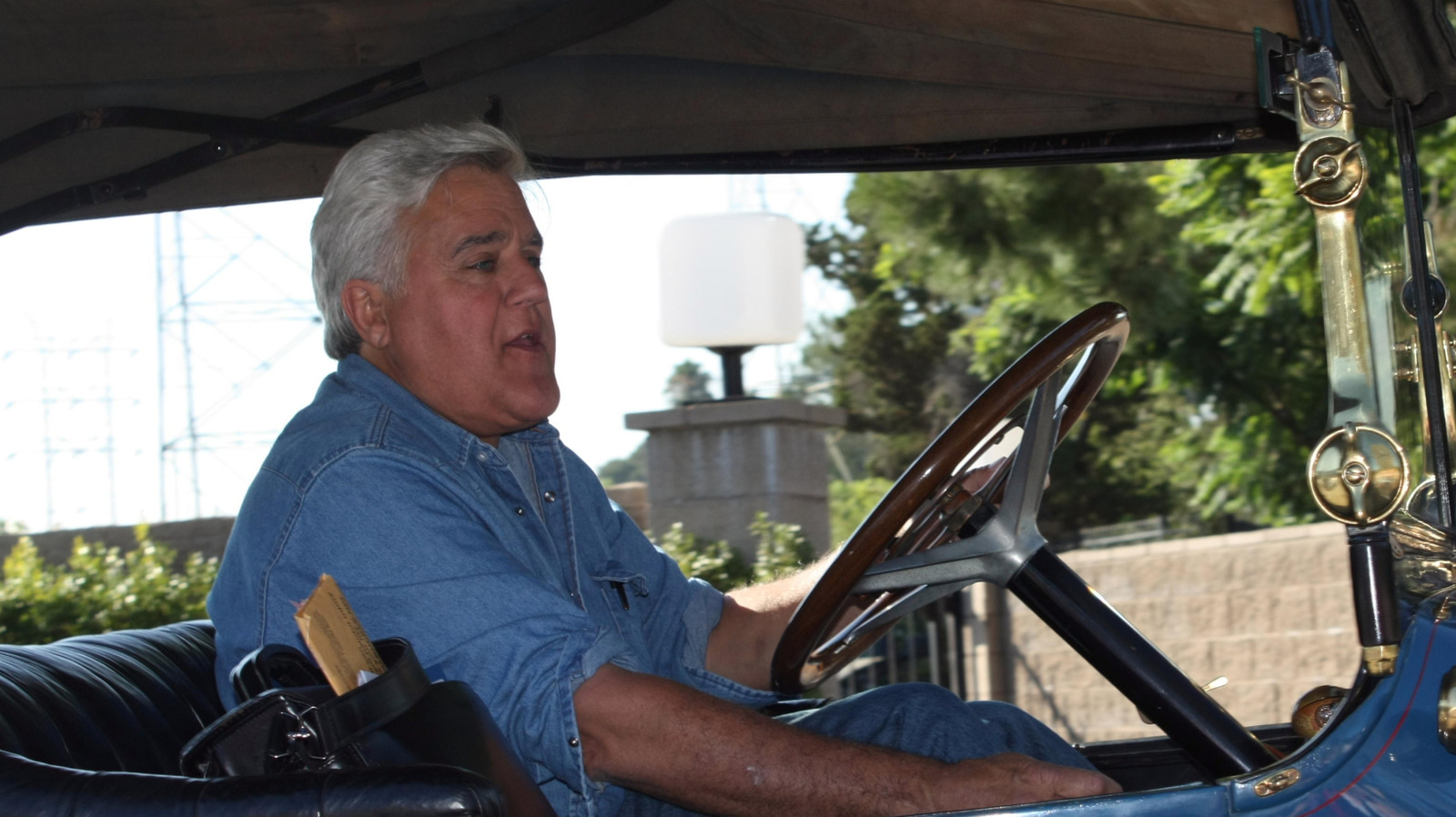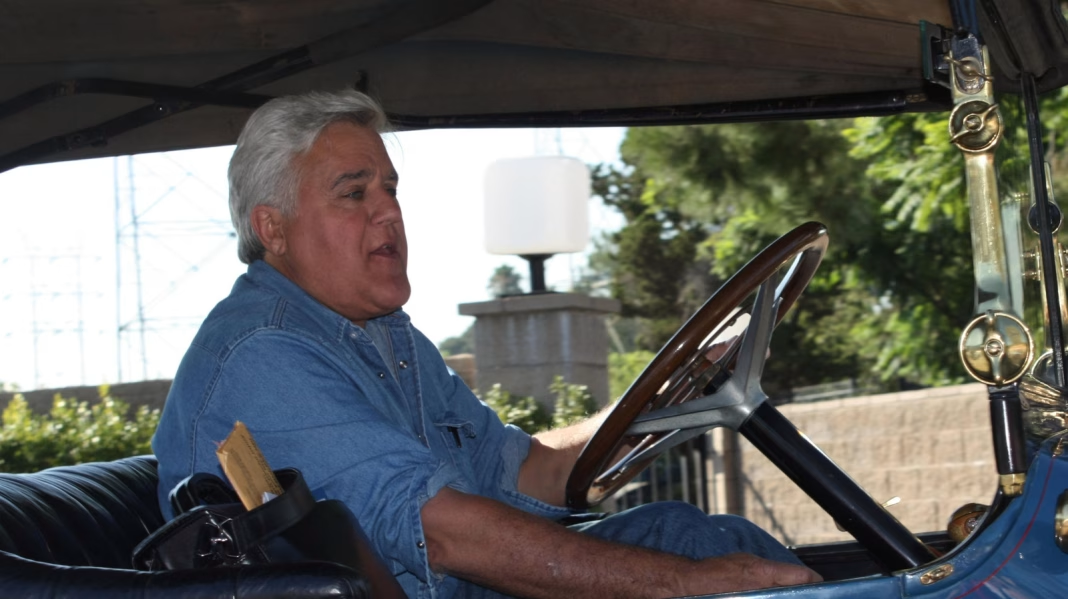The Unattainable Dream: Jay Leno’s Reluctance to Buy a Specific Car Brand
Jay Leno, the former late-night talk show host and renowned car enthusiast, has amassed an impressive collection of vehicles over the years. With a garage that boasts everything from classic muscle cars to rare vintage models, Leno’s passion for automobiles is well-documented. However, despite his vast resources and love for cars, there remains one brand that he has resolutely chosen to avoid. Understanding Leno’s rationale sheds light on broader themes in car culture, ownership, and personal values.
The Brand That Stands Apart
While many collectors might be tempted to acquire the latest models from luxury brands, Leno has made it clear that he will never add a Tesla to his collection. This decision is particularly intriguing given Tesla’s status as a revolutionary force in the automotive industry. The electric vehicle (EV) manufacturer has garnered a significant following for its innovation, performance, and commitment to sustainability. So, what drives Leno’s aversion to this iconic brand?
Leno has expressed concerns about the long-term viability of electric vehicles, particularly regarding their maintenance and repair. He has pointed out that while Tesla cars are technologically advanced, they also come with a host of challenges that traditional car enthusiasts might find off-putting. For instance, Leno has highlighted the difficulties in repairing electric vehicles, which often require specialized knowledge and equipment that are not universally available. This concern resonates with many collectors who value the ability to maintain and restore their vehicles independently.
The Value of Mechanical Simplicity
One of Leno’s primary passions lies in the mechanical intricacies of classic cars. He appreciates the craftsmanship and engineering that goes into traditional combustion engines. In contrast, electric vehicles, including Teslas, operate on a fundamentally different principle. For Leno, the joy of car ownership is not just about driving; it’s about understanding the mechanics behind the vehicle. The complexity of modern EVs, with their reliance on software and digital interfaces, may detract from the hands-on experience he cherishes.
Moreover, Leno’s commitment to preserving automotive history plays a significant role in his decision. He often emphasizes the importance of keeping classic cars alive, not just as collectibles but as representations of a bygone era in automotive design and engineering. By avoiding Tesla, Leno aligns himself with a philosophy that values the past, even as the industry moves toward a more electrified future.
Cultural Implications and Personal Values
Leno’s stance on Tesla also reflects broader cultural sentiments surrounding electric vehicles. While many consumers are enthusiastic about the shift to sustainable transportation, others remain skeptical about the implications of this transition. Concerns about battery production, environmental impact, and the future of traditional automotive jobs are all part of the conversation. Leno’s reluctance to embrace Tesla can be seen as a microcosm of this larger debate, highlighting the tension between innovation and tradition.
In a world where technology often outpaces our ability to adapt, Leno’s perspective serves as a reminder of the importance of personal values in car ownership. For him, the emotional connection to a vehicle is paramount. This connection is often rooted in nostalgia and a deep appreciation for the art of engineering, which may not be as easily replicated in the realm of electric vehicles.
Lessons for Car Enthusiasts
For aspiring car collectors and enthusiasts, Leno’s approach offers valuable insights. It underscores the importance of aligning one’s collection with personal values and interests. Whether one is drawn to the nostalgia of classic cars or the innovation of electric vehicles, the key is to cultivate a collection that resonates on a personal level.
Additionally, Leno’s experience highlights the need for ongoing education in the rapidly evolving automotive landscape. As technology continues to advance, understanding the implications of these changes—both positive and negative—will be crucial for anyone passionate about cars. Engaging with the community, attending car shows, and participating in discussions can help enthusiasts navigate this complex terrain.
In summary, Jay Leno’s decision to forgo Tesla in favor of traditional vehicles reflects a deep-seated appreciation for automotive history, mechanical simplicity, and personal values. His perspective serves as a reminder that car ownership is not merely about the vehicles themselves but also about the stories they tell and the connections they foster. As the automotive world continues to evolve, Leno’s insights encourage us to consider what we truly value in our automotive journeys.


